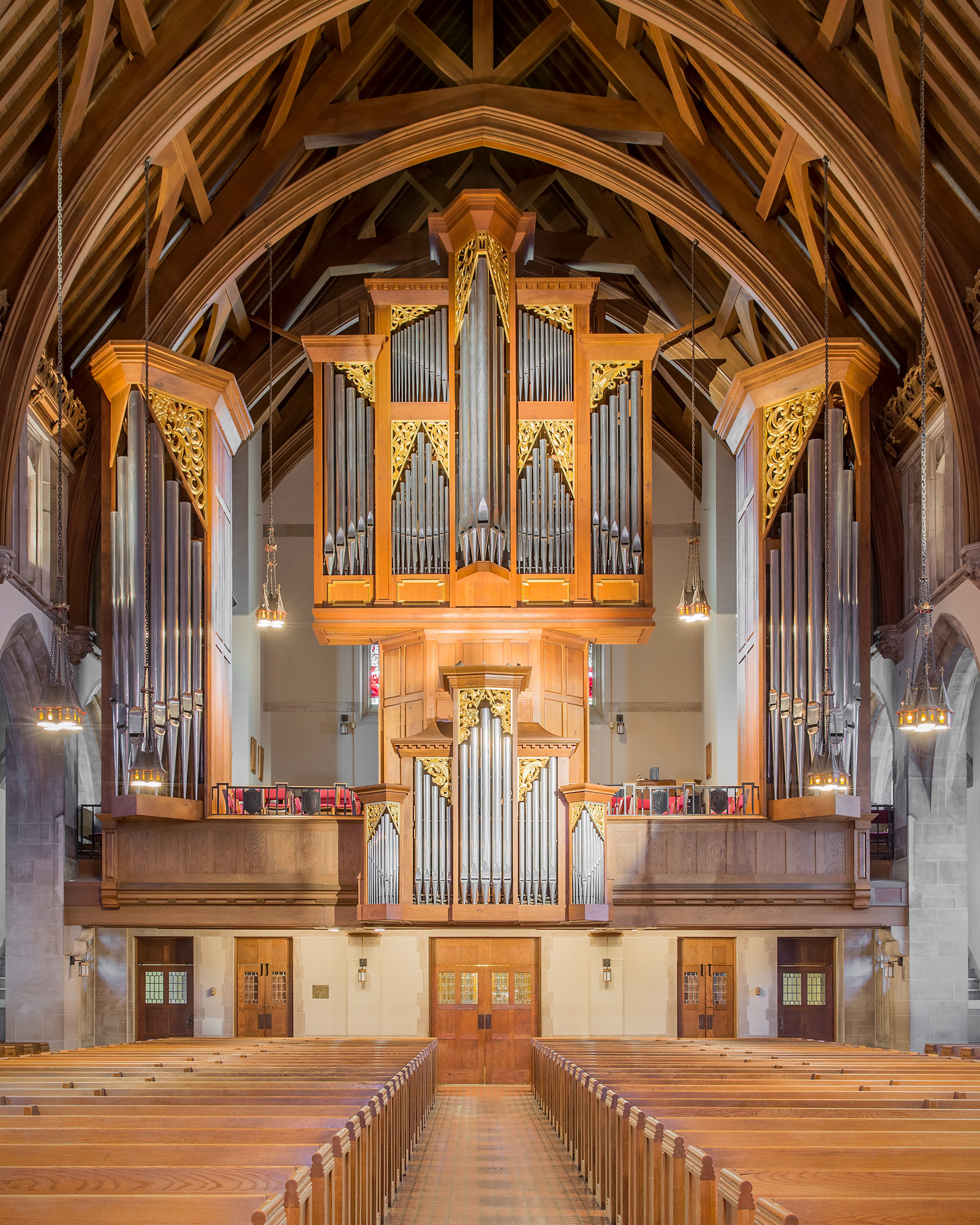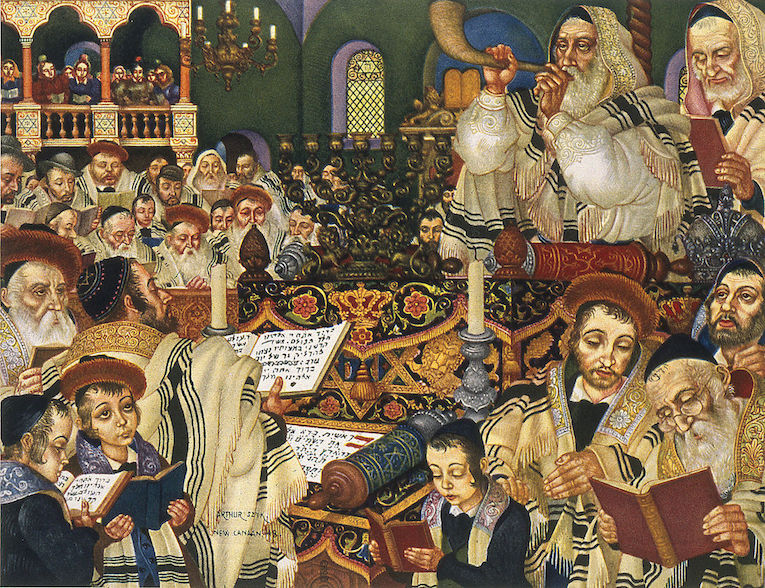Introduction
The concept of the Rapture of Jesus is pivotal in Christian eschatology, representing the anticipated event when believers are taken up to meet Christ. This doctrine, which stems from interpretations of biblical passages, particularly in 1 Thessalonians 4:16-17, has garnered renewed interest among Christians globally. Its relevance is underscored by recent global events that some interpret as signs of impending fulfillment.
What is the Rapture?
The Rapture refers to a future event when Jesus is believed to return and gather true believers, both the living and the dead, to be with Him eternally. This belief varies across different Christian denominations. Some view it as a literal event, which will occur either before, during, or after a period of tribulation on Earth, while others see it as a metaphorical depiction.
Current Discussions Surrounding the Rapture
In recent months, discussions around the Rapture have intensified amid rising global tensions, natural disasters, and the ongoing pandemic. Many believers cite these occurrences as signs of the ‘end times’ referenced in the Book of Revelation. For instance, climate change and its catastrophic manifestations are often interpreted through a biblical lens, prompting conversations about readiness and spiritual awakening.
Theological Perspectives
Prominent theologians and pastors have offered varying interpretations of what the Rapture means for Christians today. Some emphasize the need for preparedness in one’s faith and lifestyle, suggesting that believers should lead lives exemplifying Christian values in anticipation of Jesus’ return. Others advocate for a focus on societal issues, promoting justice and love towards one’s neighbor as a way to live out the teachings of Jesus.
Conclusion
The Rapture of Jesus remains a profound topic within Christian circles, igniting both hope and apprehension. As believers reflect on this doctrine, it serves not only as a reminder of their faith but also as a call to act responsibly in a world fraught with challenges. With ongoing discussions and diverse interpretations, the significance of the Rapture continues to resonate deeply, prompting individuals to consider their own beliefs and actions in light of what they understand about this impending event. As the dialogue evolves, it is clear that the Rapture is more than a theological concept; it represents a future hope that continues to shape Christian faith and practice.


